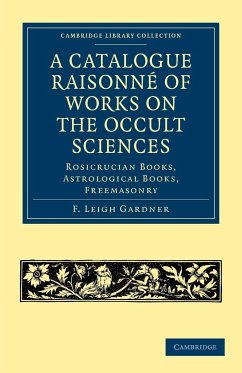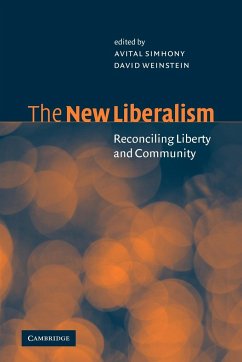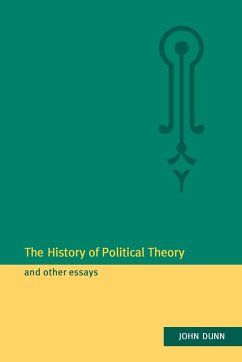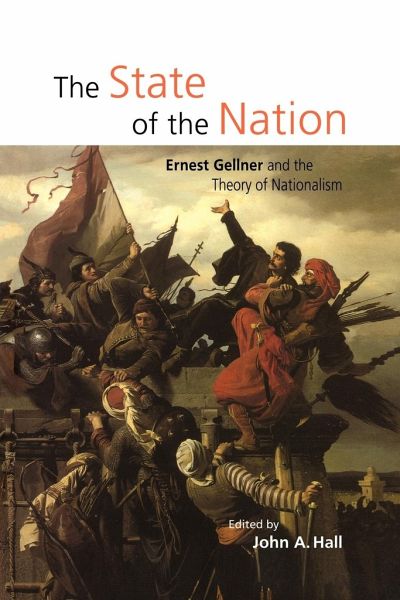
The State of the Nation
Ernest Gellner and the Theory of Nationalism
Herausgeber: Hall, John A.

PAYBACK Punkte
24 °P sammeln!
An exceptional set of scholars assess every aspect of the most influential theory of nationalism.





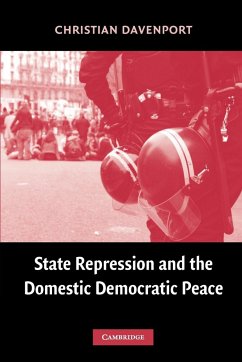
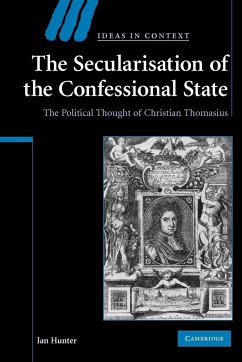
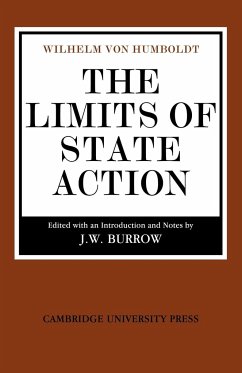
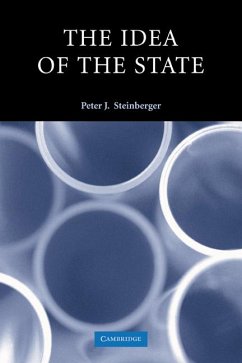
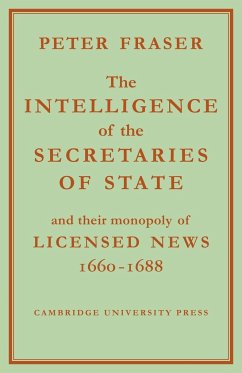
![The State and the Nation [microform] Cover The State and the Nation [microform]](https://bilder.buecher.de/produkte/66/66125/66125667n.jpg)
